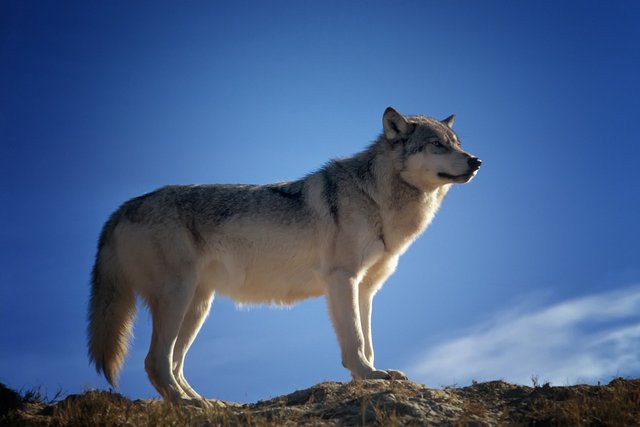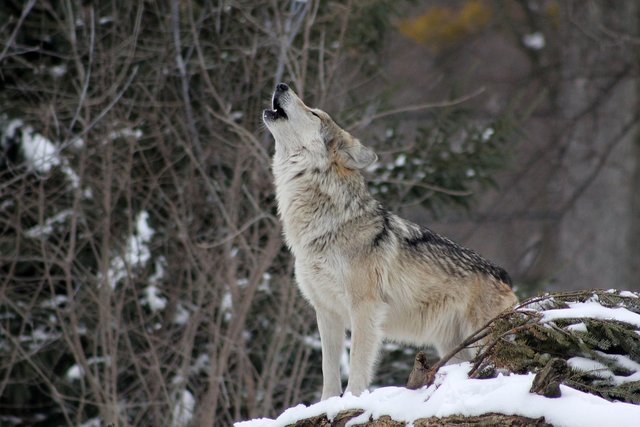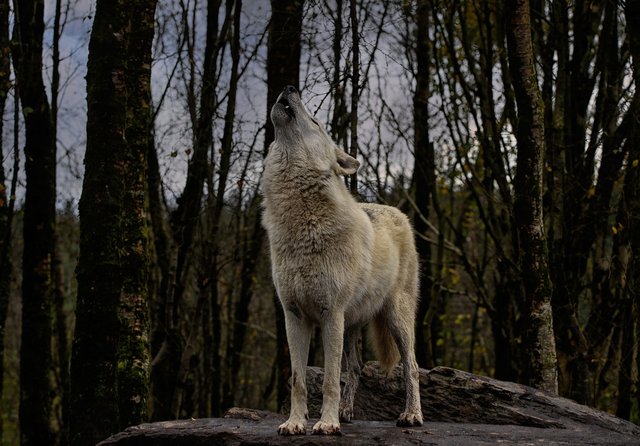Getting to know wolves and how they hunt

The wolf, with the scientific name Canis lupus, is a well-known predator that inhabits a variety of habitats around the world, from wilderness to frozen tundra. They are social predators that live in groups called packs. Hunting is an important activity for their survival, and their strategies are highly organized and efficient.
Wolves usually hunt in groups consisting of several individuals, although they are sometimes seen hunting alone. Collaboration in hunting allows them to catch larger or more difficult prey, such as deer or bison, that might be difficult for wolves working alone.
First of all, wolves usually use their keen sense of smell to track their prey. They can smell prey tracks from great distances, helping them determine the direction and position of potential prey. In addition, wolves also use their good eyesight and hearing to notice movements or sounds that may come from prey.

After finding suitable prey, wolves arrange themselves in strategic formations. Some pack members may act as a distraction, distracting prey from other wolves that are preparing to attack. This is an important tactic because it allows other wolves to approach the prey more closely without being startled.
When the time comes, hunting wolves usually launch attacks quickly and in a coordinated manner. They often trick their prey to make it lose control before they attack from various directions. After catching prey, wolves share the meat with other members of the pack, especially with younger cubs or members who are weaker or unable to hunt.

This wolf's hunting strategy is a fascinating example of social collaboration and coordination among predators. They use their individual strengths and skills collectively to increase hunting success and ensure that their group is provided with needed food. This also shows their evolutionary adaptation to the environment in which they live, exploiting the strengths of being animals that live in groups.
In the wild, wolves play an important role in maintaining ecosystem balance by controlling herbivorous animal populations. Although sometimes considered competitors to humans in the competition for resources, wolves play a vital role in maintaining the biodiversity and structure of the ecosystems in which they live.
@tipu curate
Upvoted 👌 (Mana: 9/10) Get profit votes with @tipU :)
Thank you
Upvoted. Thank You for sending some of your rewards to @null. It will make Steem stronger.